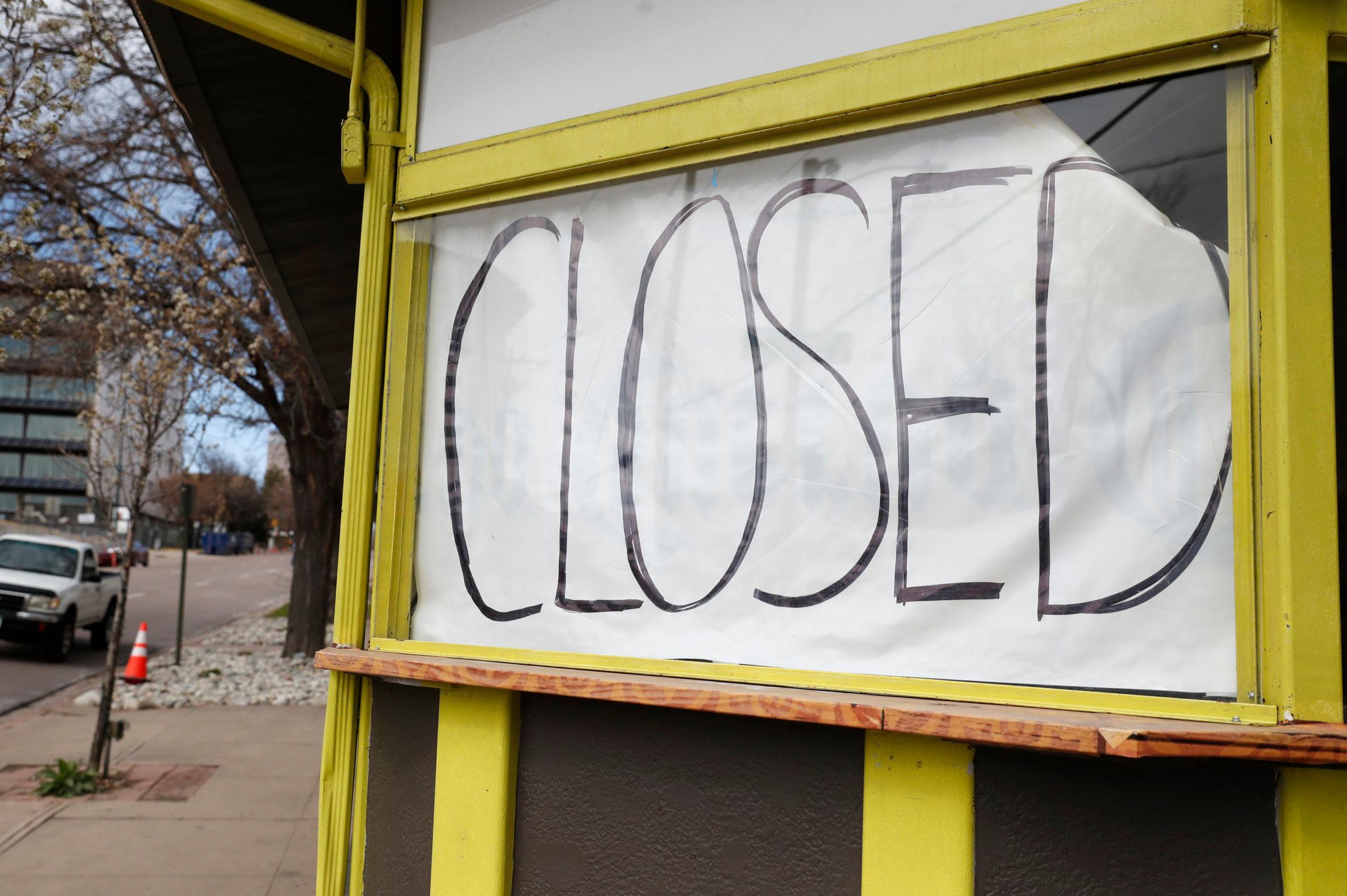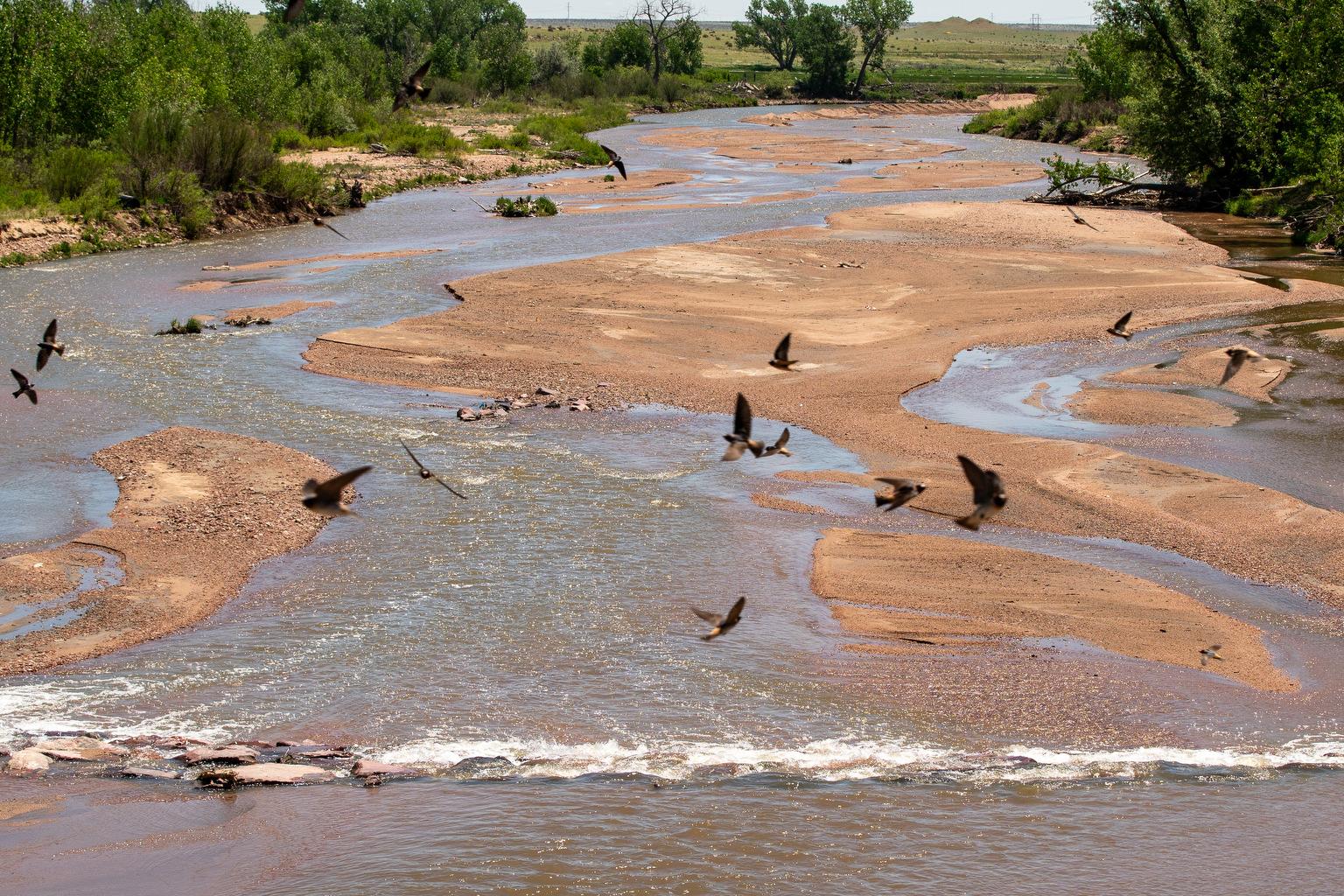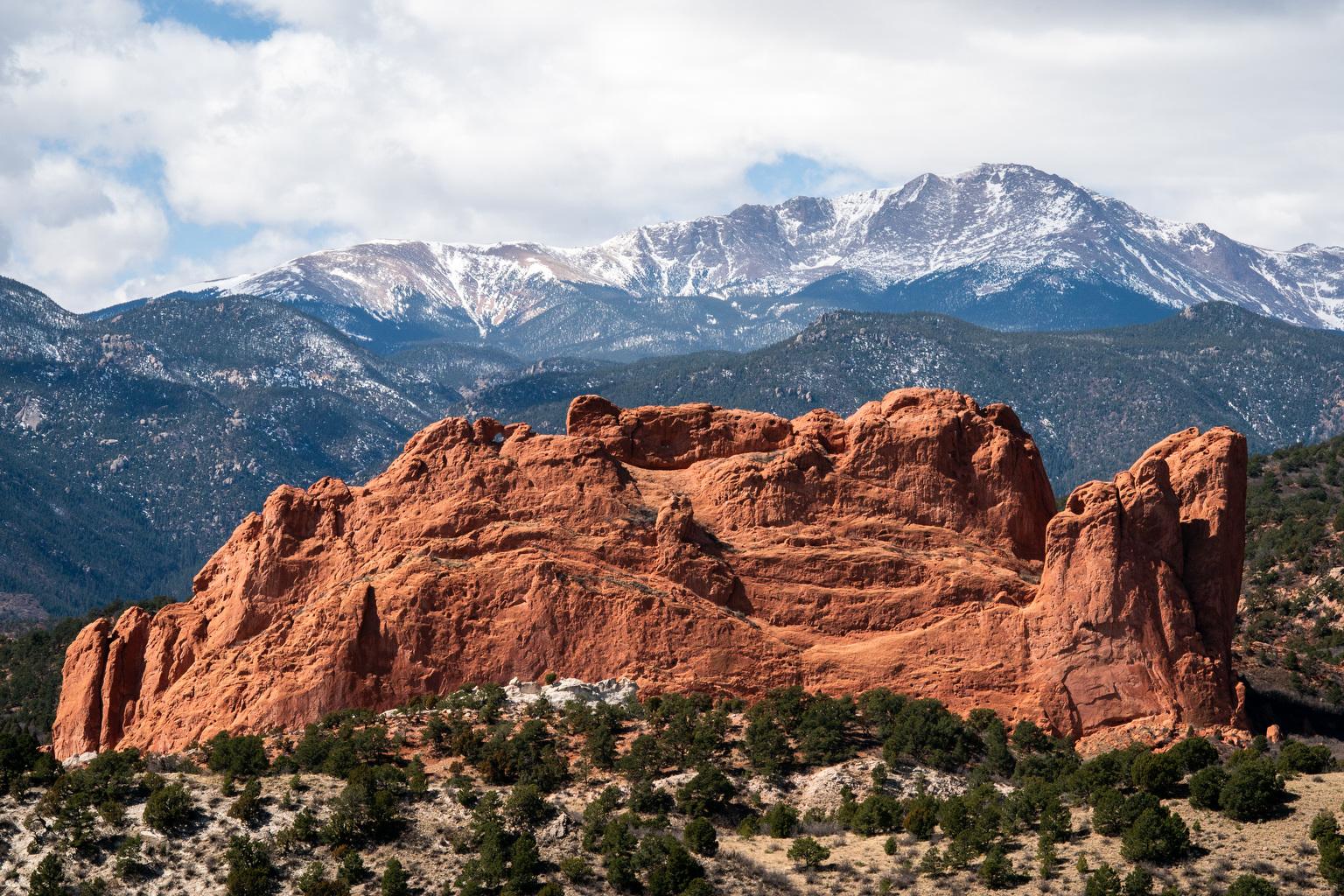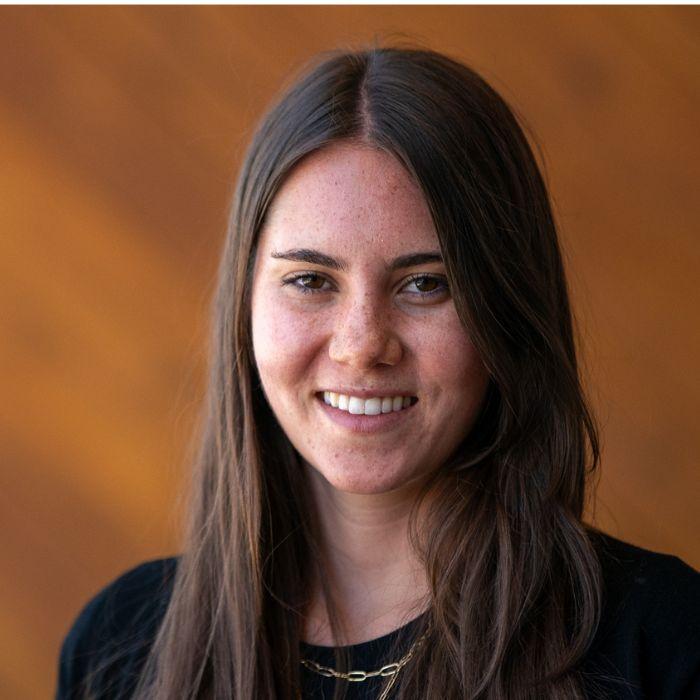
Businesses throughout Colorado are reopening as residents adapt to the loosened restrictions in place to fight the COVID-19 pandemic. But for some small businesses, it’s already too late.
Ali Bullano opened Zenver, a yoga studio in north Denver, five years ago when she moved to Colorado for her husband’s job. When the COVID-19 pandemic hit, she had a network of roughly a dozen instructors and typical weekend class sizes of about fourteen.
When Gov. Jared Polis issued a stay-at-home order in March, her business was turned upside down overnight. Bullano pivoted quickly to live streaming classes via Zoom. Still, the studio shut down permanently in May.
“We had a pretty good turnout, but unfortunately, it wasn’t enough to keep the doors open,” Bullano said.
As the pandemic drags on into the summer, Bullano is not alone. Even with $700 billion in government aid, many small business owners say it simply isn’t enough – or that the program doesn’t make sense for their situation.
The Payroll Protection Program, the cornerstone of the government’s effort to help small businesses weather the pandemic, didn’t work for Bullano. Most of the instructors that taught at Zenver were independent contractors, which meant Bullano was effectively shut out of the program.
Christopher Blakeman sells high-end sewing machines. He started working in the business while attending college at Colorado State University. He launched his own business after graduation with a store in Cheyenne. Over the past six years, his business has expanded to include locations in Casper, Loveland and Boulder.
Blakeman’s stores cater to hobbyists who pay as much as $10,000 for their machines. The Loveland store has a large classroom for hosting events and workshops. He also set up booths at quilting conventions across the country. Those opportunities vanished with the COVID-19 pandemic as trade shows and classes were canceled.
The biggest-buyers of expensive sewing machines are baby-boomer women, a relatively high-risk demographic for COVID-19. Blakeman’s traffic plummeted when the pandemic hit. It wasn’t just stay-at-home orders that hurt his stores, he said.
“The restrictions didn’t help, but at the end of the day, my customers were scared,” Blakeman said.
He tried to access government funding when the Payroll Protection Program first launched. He was among small businesses that didn’t receive a response from banks during the initiative’s early days. The biggest U.S. banks have been criticized for favoring large customers during the initial rollout.
By the time Blakeman heard from his lender, he had lost momentum at his stores. He made the decision to liquidate the inventory at the Cheyenne location and is in the process of doing the same in Loveland. He doesn’t know when his customers will feel safe coming back to his showroom. The landlord in Loveland agreed to work with him on the rent, but it still doesn’t make sense to keep the store open, Blakeman said.
“He gave me a discount on it for three months, which was nice and helpful, but that’s still thousands of dollars out of my pocket every month,” Blakeman said.
For now, he’s keeping the stores in Boulder and Casper open.
Time is running out for many mom-and-pop businesses, according to Tony Gagliardi, the Colorado director for the National Federation of Independent Business, a small business advocate. His group polled members early on in the pandemic about their ability to survive.
“Most of those surveyed said they could hang on one month, maybe two, but after two months, it would be very doubtful,” he said.
It’s too soon to say how many small businesses will eventually go under from the strain of the pandemic, he said. Restrictions for business owners have eased substantially in much of the country, but for operators with substantial debt or small margins, it will be difficult to make up the lost ground.
For Bullano, the decision to close wasn’t just about the money. She also had to grapple with taking responsibility for the safety of the students in her studio. Ultimately, it made more sense to give up her space, she said.
Bullano is on a new path now. She has a master’s degree in social work and will be pursuing opportunities in that field. She still teaches yoga on Sundays at a community space in Denver.








